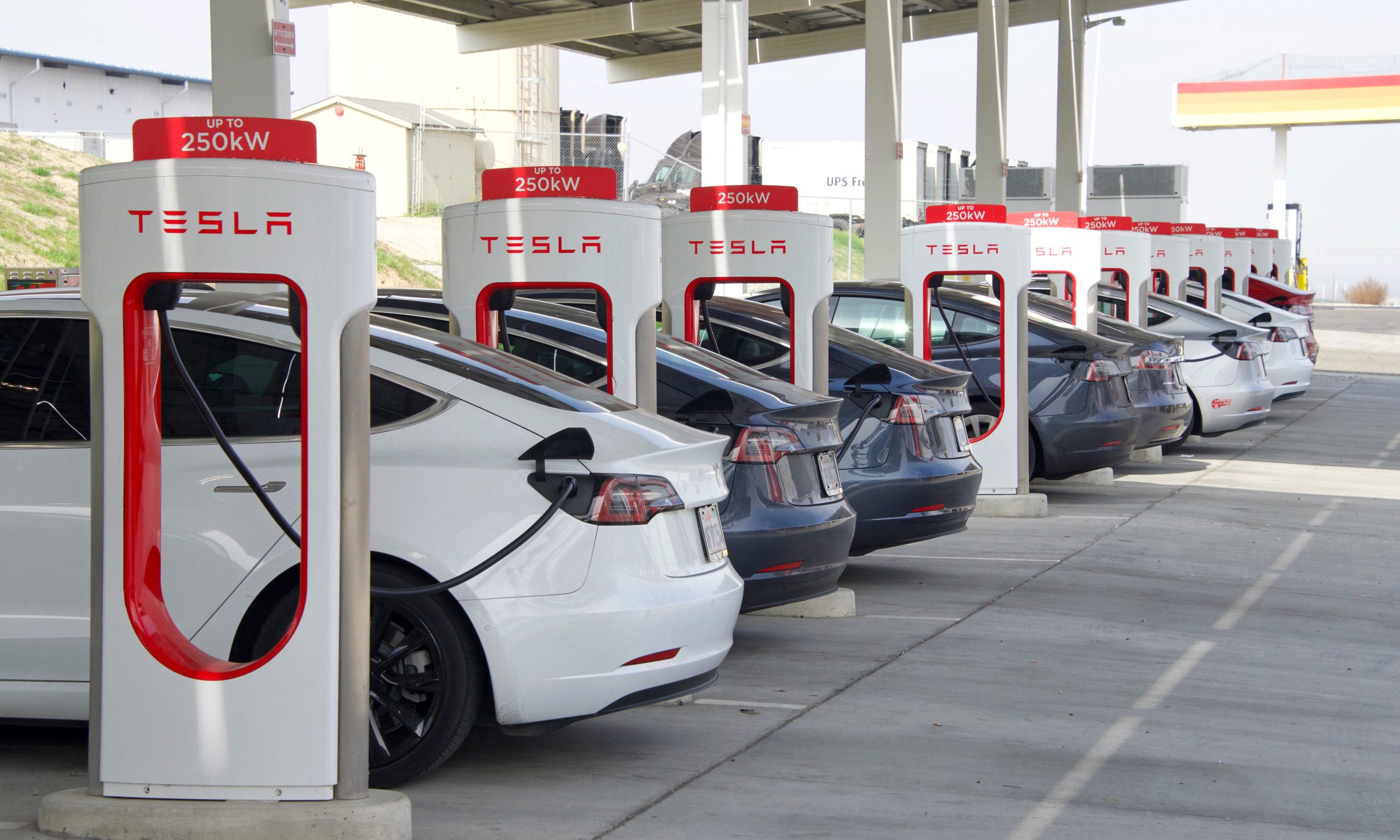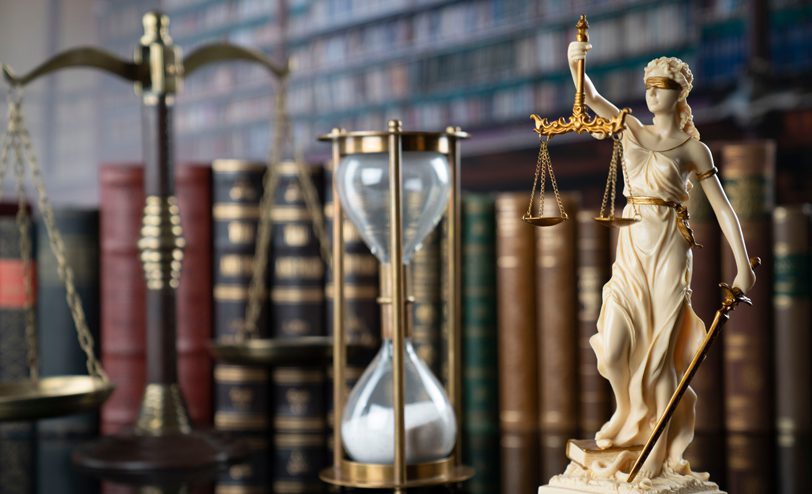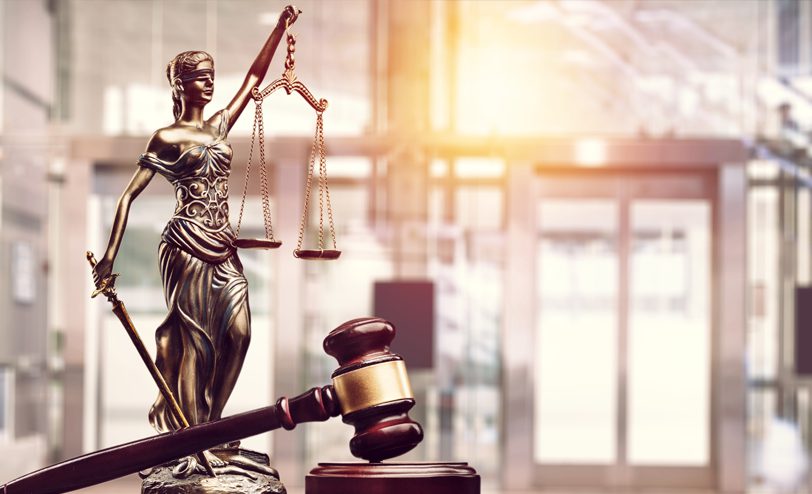A new proposed class action alleges Tesla engaged in deceptive marketing practices, in violation of California consumer laws.
Advertising Claims
Specifically, the lawsuit, filed June 21, 2023, claims Tesla falsely advertised “3 Years Free Supercharging” for Model S and Model X vehicles. The advertisement allegedly stated customers who took delivery of new covered vehicles between April 20 and June 30, 2023 would be eligible for three years’ free supercharging. But, the complaint contends, Tesla did not provide consumers who took delivery of vehicles during that time any free supercharging—let alone three years’ worth.
Proposed Class Representative’s Allegations
The cost of supercharging a Tesla is “unquestionably material” to a consumer deciding whether to buy a Tesla, argues named Plaintiff Sean Cohen. Cohen, a California resident and proposed class representative to the lawsuit, claims he bought one of the vehicles at issue in April 2023. He says he relied on the free supercharging advertising and took delivery of the vehicle on or about April 22, 2023. Yet, Tesla allegedly refused to confer with him about the free supercharging, even though he claims its own salesperson interpreted the advertising to mean buyers who took delivery during the relevant time frame would receive three years’ free supercharging.
Proposed Class
Cohen accuses Tesla of making “dishonest misrepresentations” and “purposely engag[ing] in blatant bait-and-switch tactics.” Based on Tesla’s Security and Exchange Commission filings, he believes at least 40 people bought covered vehicles in California, also relying on the charging advertising. He seeks to represent a proposed class generally consisting of all consumers who purchased a Model S or Model X in California for personal use and not for resale since May 17, 2019.
Legal Claims
His lawsuit raises legal claims against Tesla including common law fraud, negligent misrepresentation, and unjust enrichment. He also contends Tesla’s conduct violated California’s Consumers Legal Remedies Act, and provisions of the California Business and Professions Code pertaining to false advertising and unfair competition.
Requested Legal Remedies
On behalf of himself and the proposed class, Cohen asks the court to allow his lawsuit to proceed as a class action on behalf of his proposed class. The remedies he seeks include damages, equitable monetary relief, and attorney fees.
The case is Cohen v. Tesla, Inc., et al., case number 23STCV17233, in the Super Court of the State of California for the County of Los Angeles.





